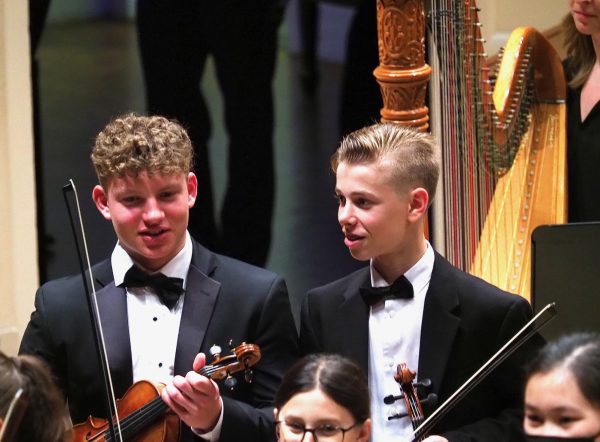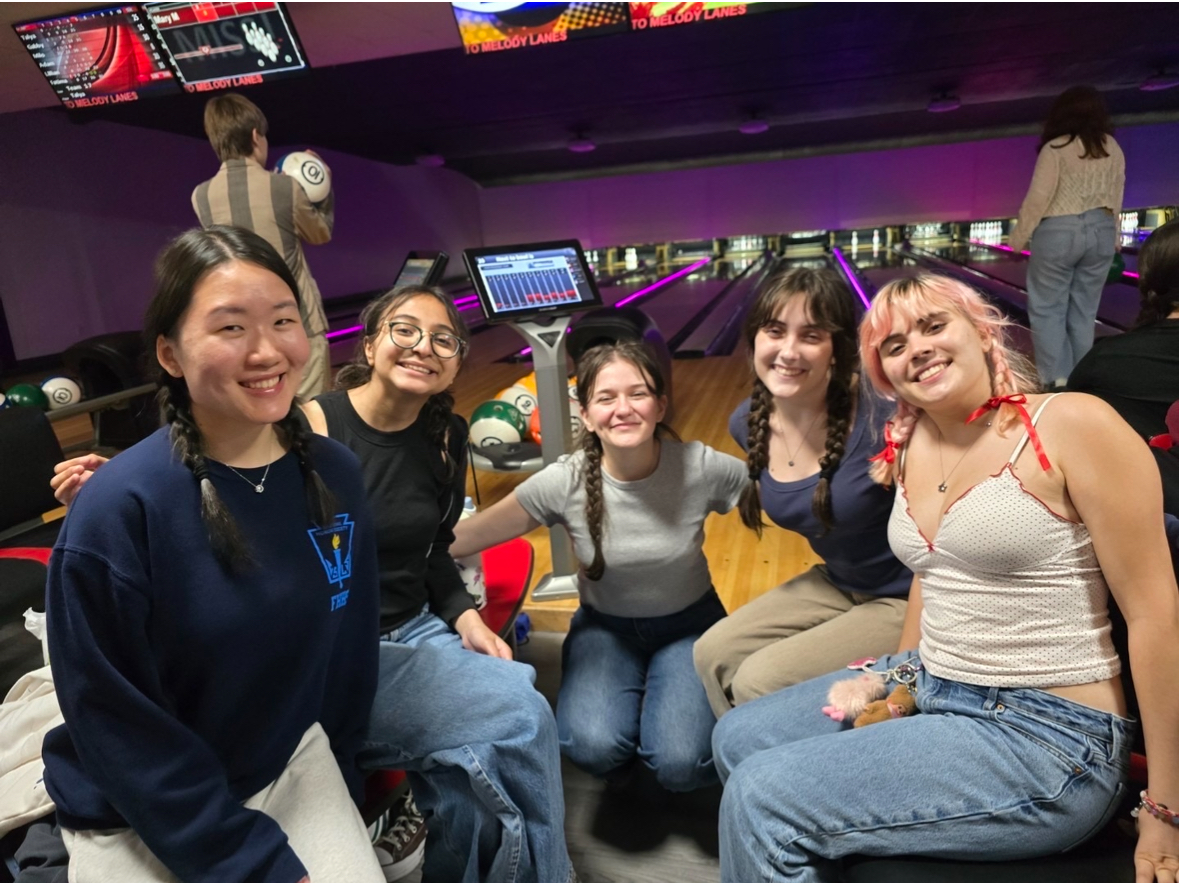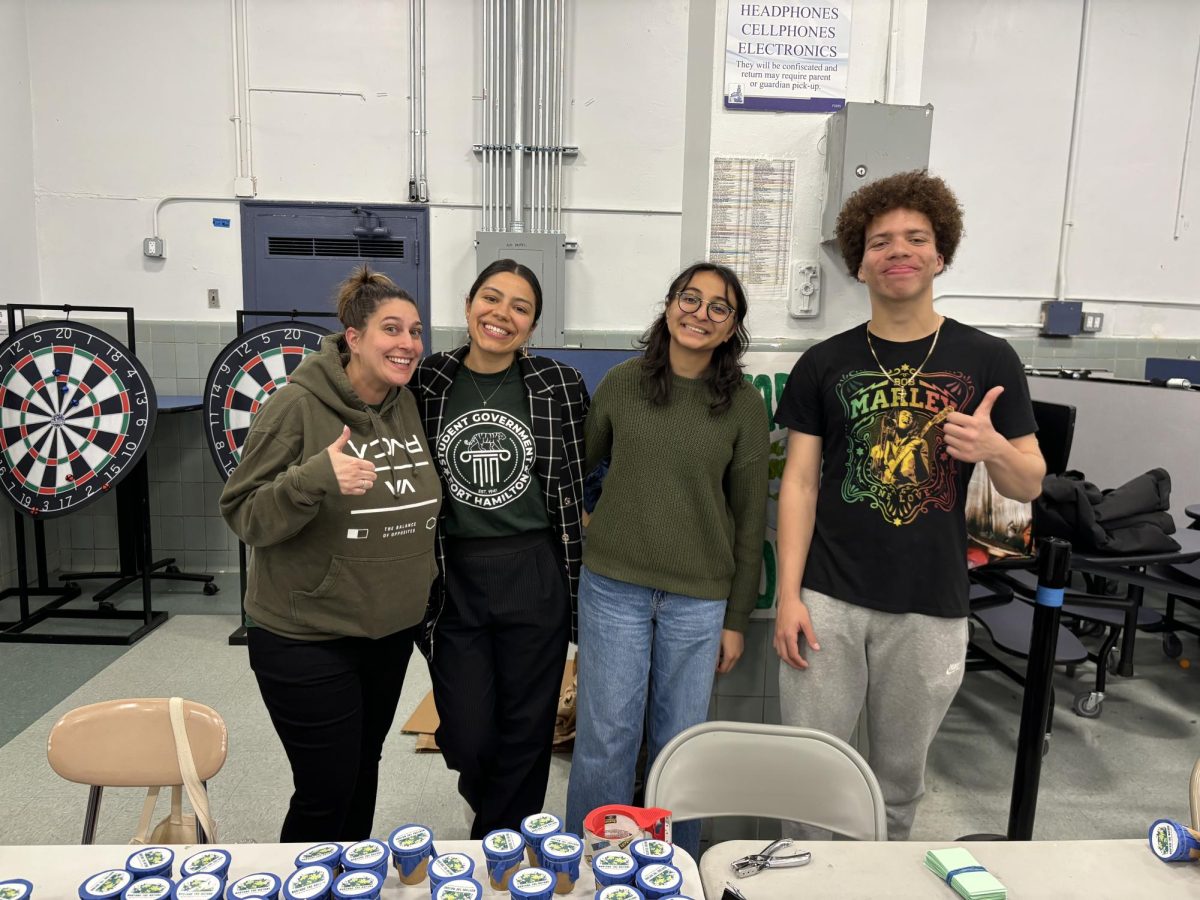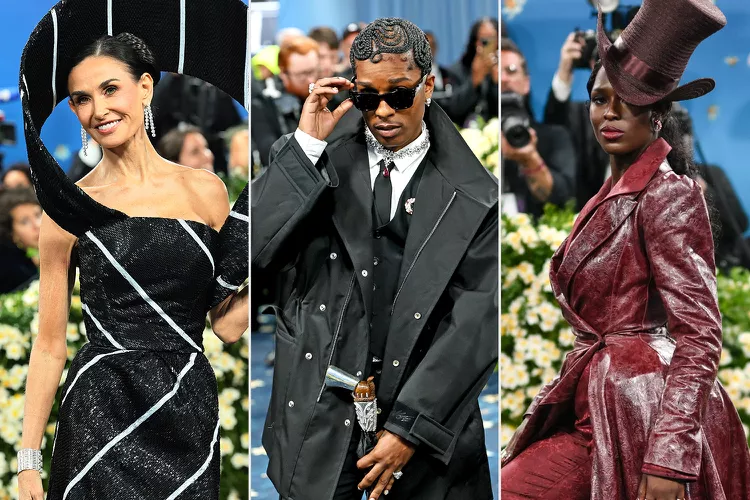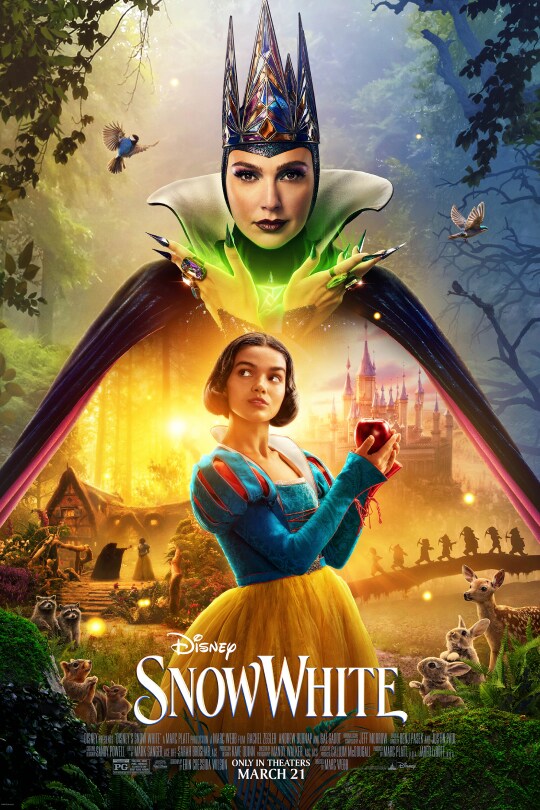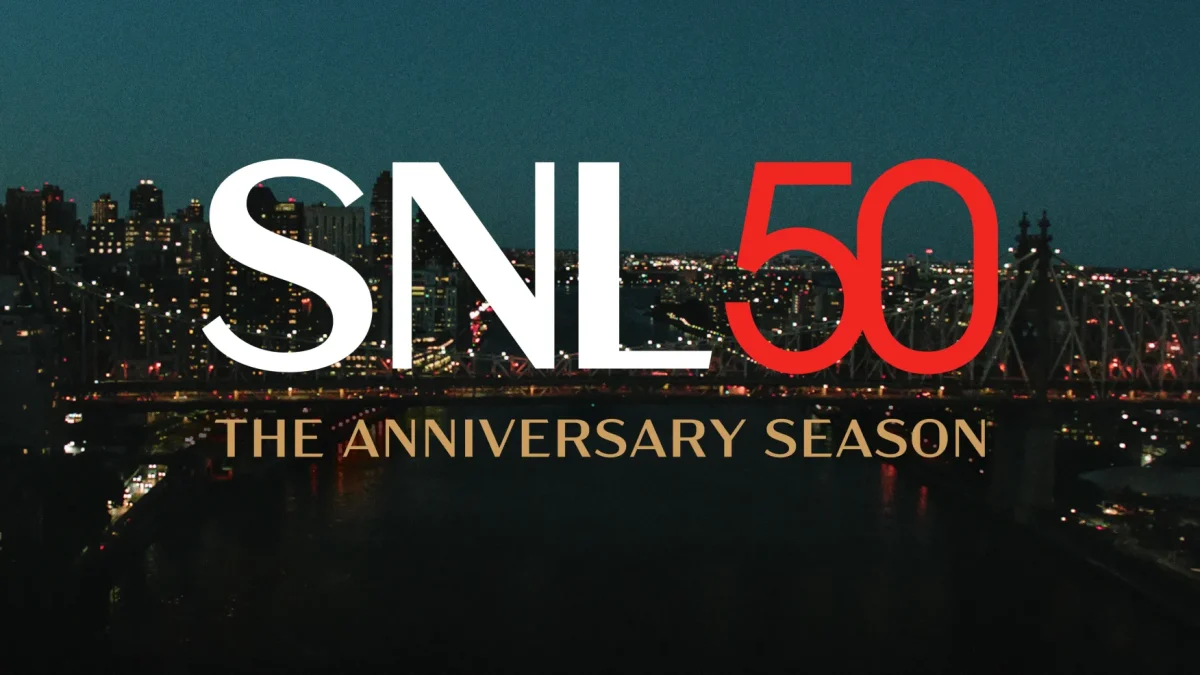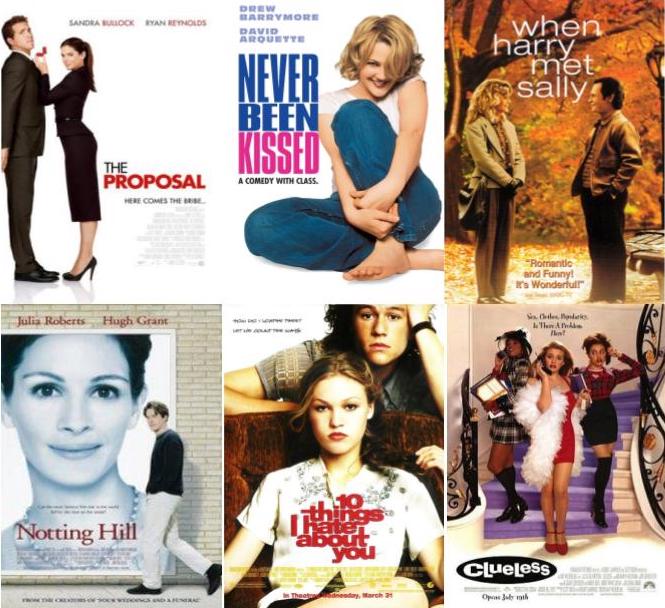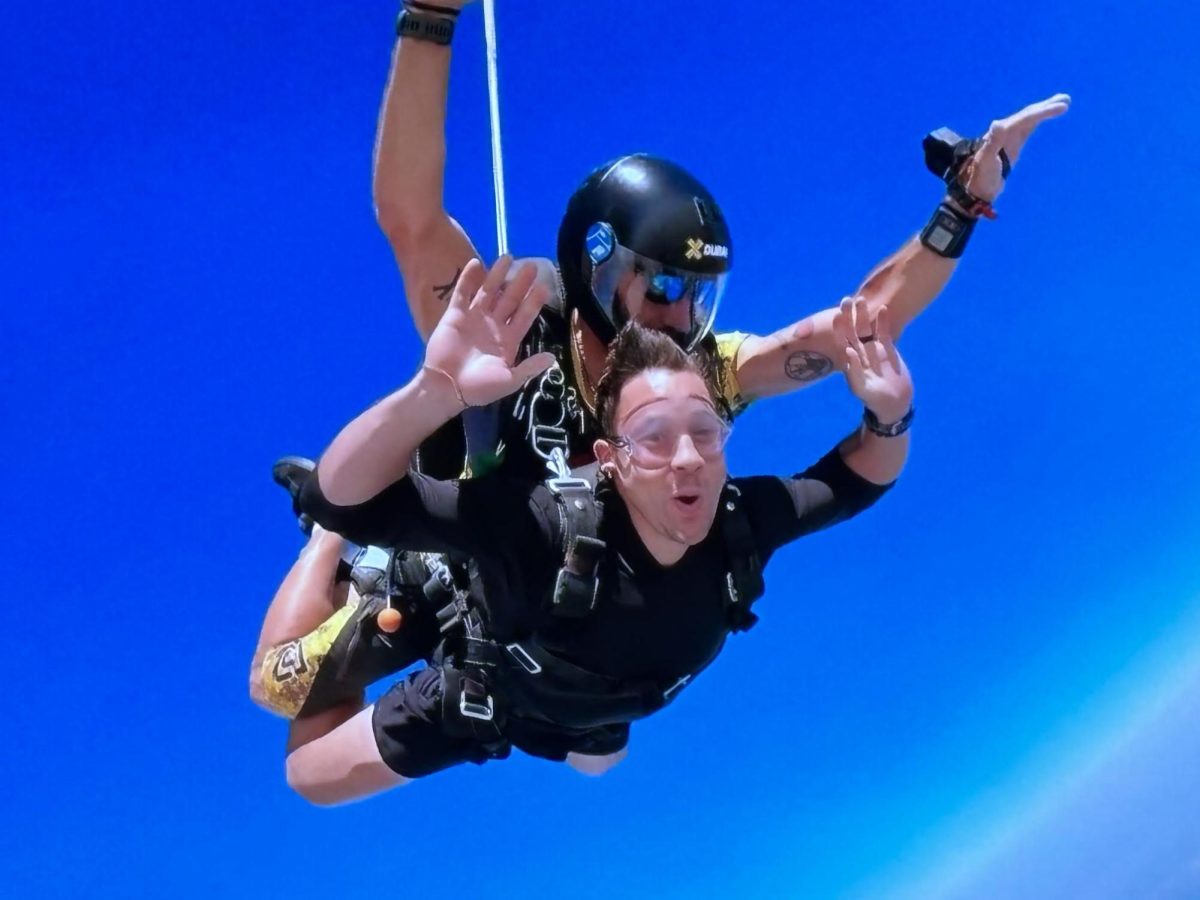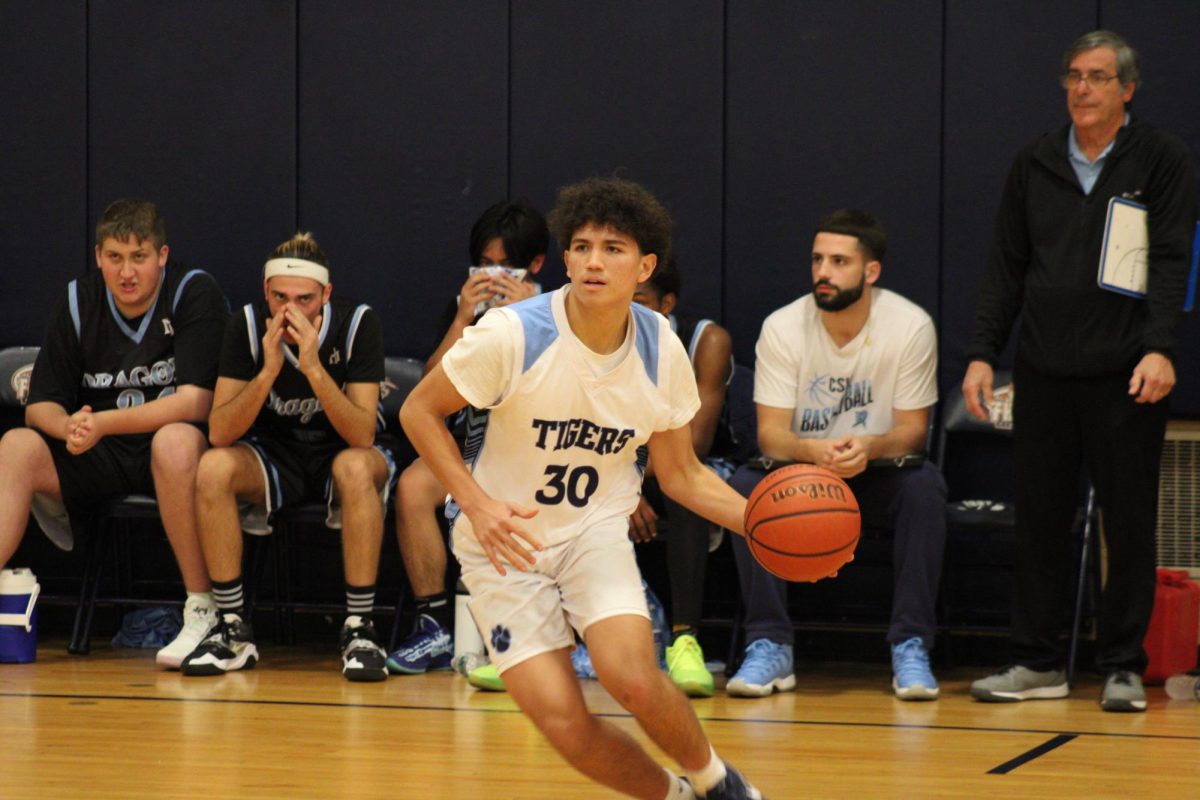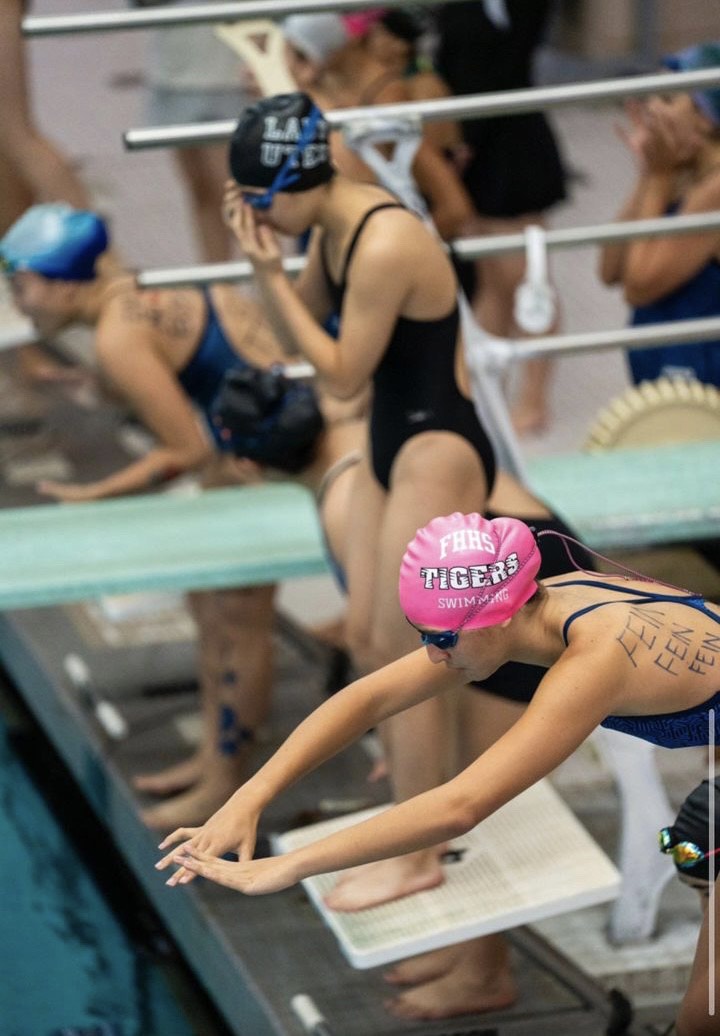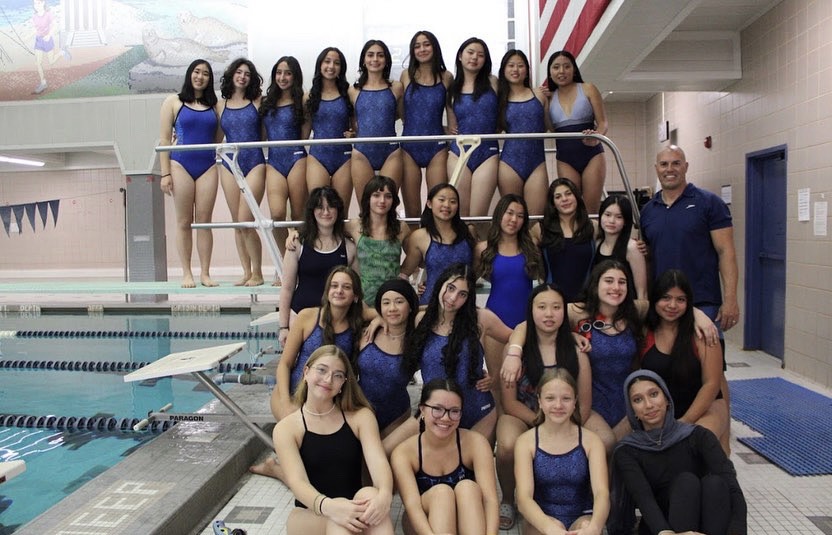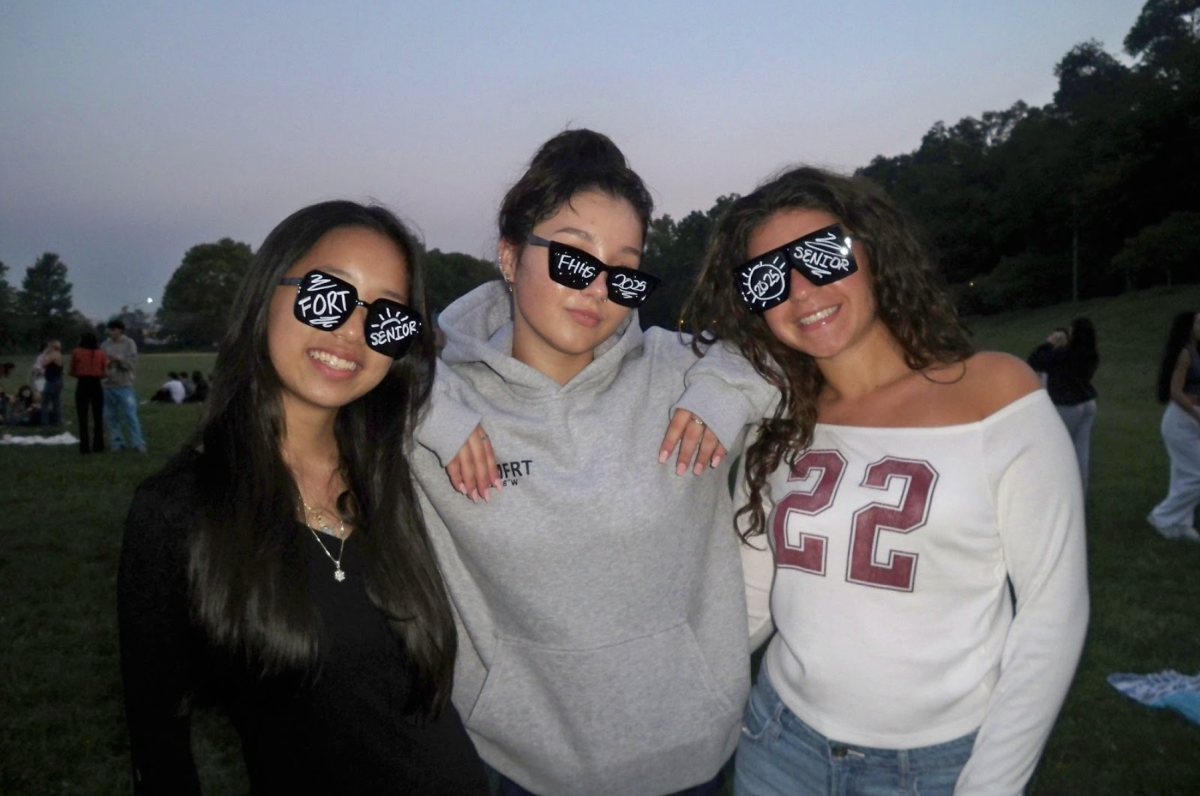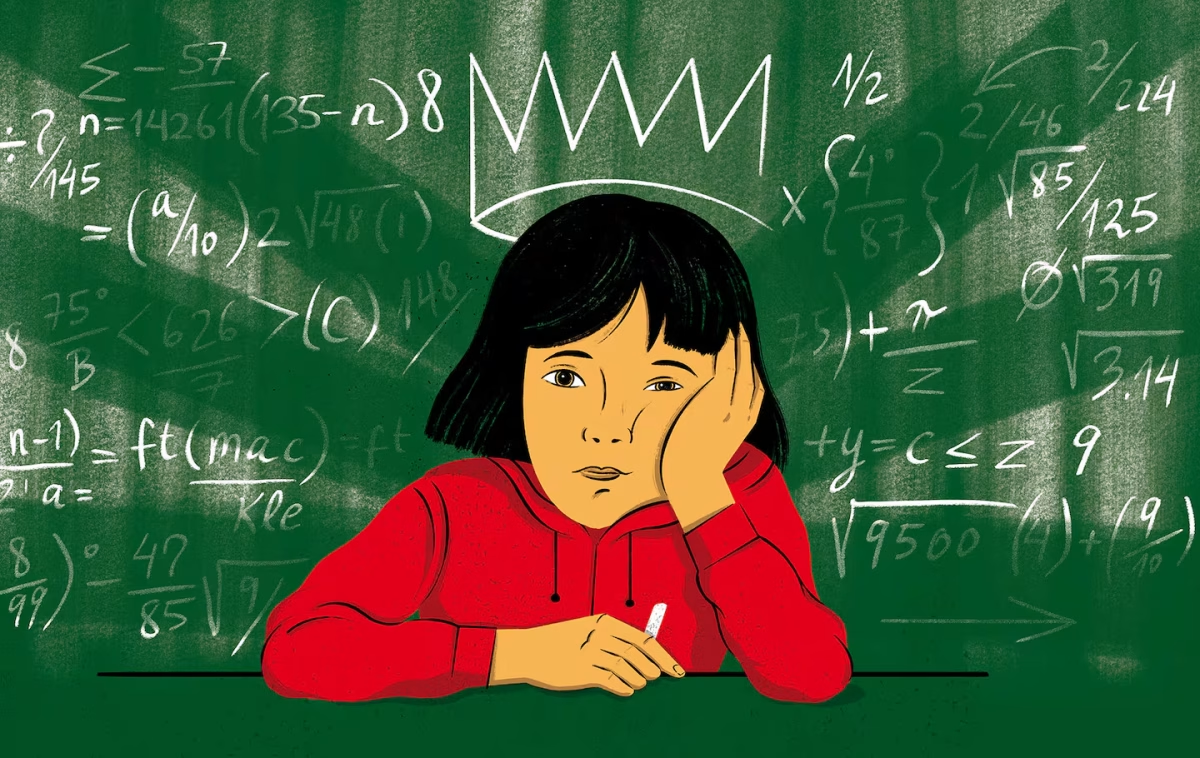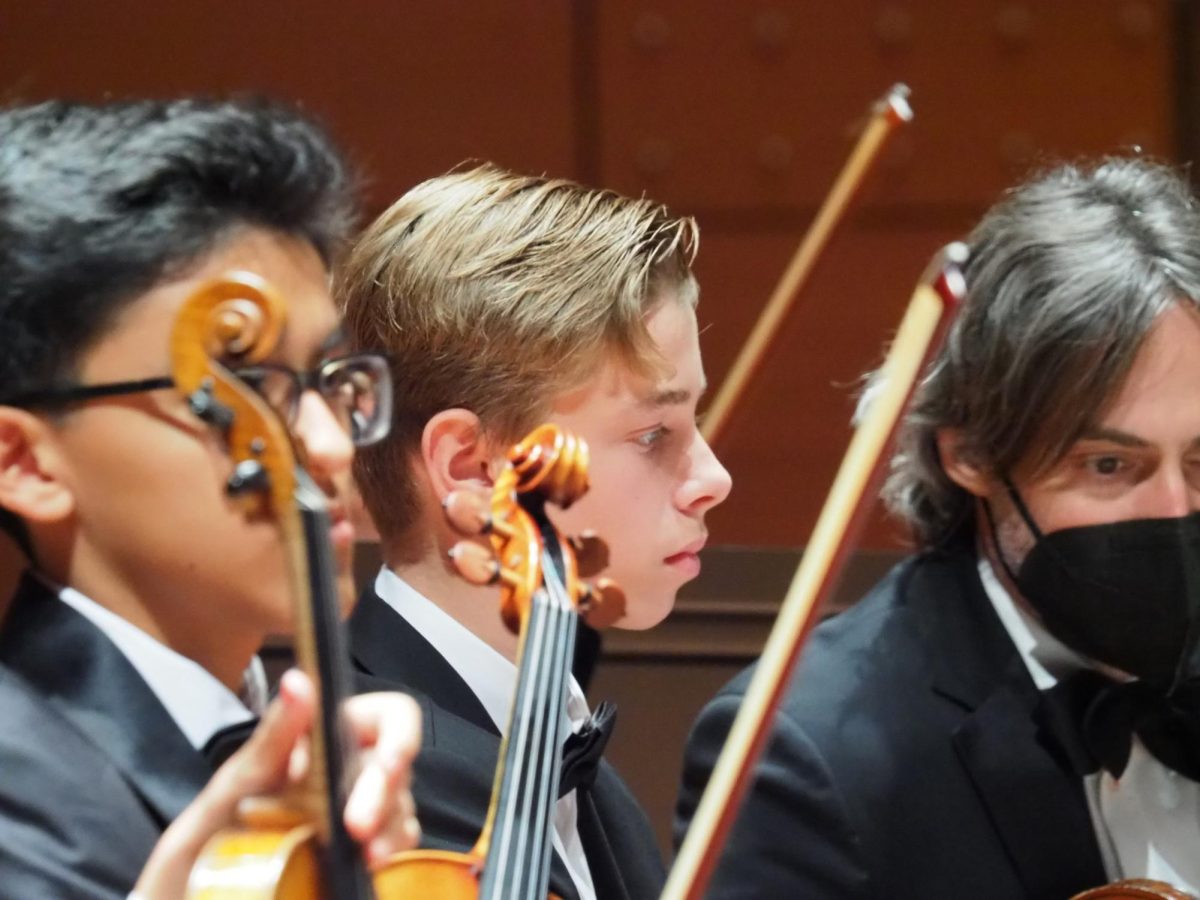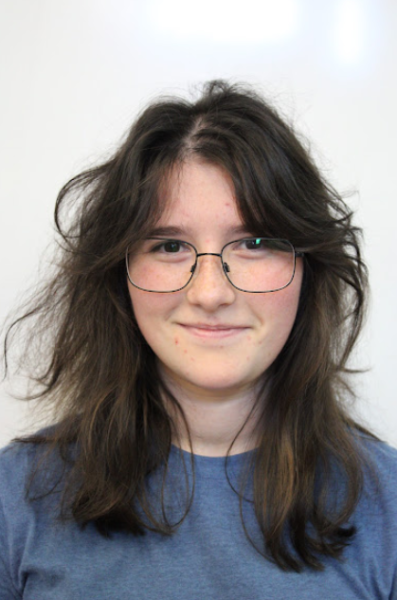Orchestra students at Fort Hamilton have experienced the silence of an auditorium behind them. They’ve held the power of music in their fingertips, controlling when the sound of their instruments rupture the silence. The anxiety and adrenaline that they feel can only be described by them. Luckily, The Pilot was able to interview Fort senior Zachary Furmanov, the concertmaster. With his help, we’ve been able to get some insight on what it has been like to perform in front of an awaiting audience and what it has been like to participate in Fort Hamilton’s Symphonic Orchestra.
VIDA GREYSER: “What is it like to be in Instrumental Music? Do you work well with your classmates, or do you prefer playing solo?
ZACHARY FURMANOV: “My experience being in the program has been amazing. The most progress I have ever made in violin performance was during my time playing with Orchestra. Being dropped into this environment where most kids were better than me forced me to rise up to everyone else’s level. Playing solo and playing in an orchestra are such remotely different things that I don’t believe there is comparison. For me, playing in an orchestra was like learning a set of new skills – such as counting, interpreting in context of an orchestra, and more.”
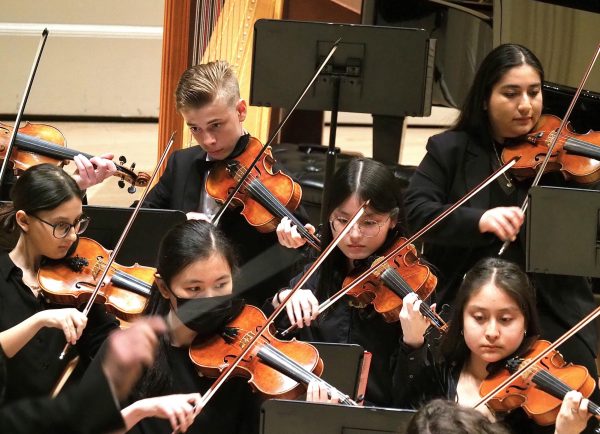
GREYSER: “How do you approach concerts and prepare for them? Do you have any specific strengths or weaknesses that you’re working on?”
FURMANOV: “In recent years, my approach to concerts has been leaving lots of last minute mistakes to the last few weeks. Definitely the wrong mindset to have, but with having so many responsibilities especially junior and senior year, finding free time to practice is often a challenge. My worst performance was ironically a dress rehearsal for our performance at school, during our “orchestra night.” It was my first time performing while ever leading the second violin section and something got into my head not allowing me to focus causing me to have so many mistakes throughout the dress rehearsal. Regarding practice, I mostly don’t do enough of it. But when I do finally get myself to take time and practice, I look at individual sections of a piece slowly and then bring them to pace connecting the whole piece.”
GREYSER: “Did you listen to a specific violinist growing up? Did anyone inspire you to play an instrument? Do you aspire to reach someone’s skill set? Do you have a favorite composer?”
FURMANOV: “I never recall listening to ‘specific violinists.’ Even now, I can’t name very many solo musicians across the board. The role models I always had were always people I personally knew. An example of such a person would be the previous concertmaster of our orchestra whose name was Stella. She taught me so much about working in an orchestra and collaborating with others in terms of music. I definitely don’t have just one favorite composer. To name a few it would be people like Tchaikovsky, Mahler, Shastikovich, but there are tons more; these are just some heavy hitters.”
GREYSER: “Do you have a violin teacher? Did they give you any advice that stuck with you?”
FURMANOV: “I certainly do have a violin teacher and did for most of my life. I went through 3 teachers during my time playing mostly because I didn’t feel I was getting proper classical education. The teacher I have currently is fantastic and has taught me so many invaluable lessons on technique, practice, and consistency. Things that can be learned little elsewhere.”
GREYSER: “Would you ever want to switch to a different instrument?”
FURMANOV: “Never. I did play some piano growing up, and then saxophone for 3 years, however, that made me mostly feel stronger about sticking with the violin. The instrument is so versatile and can play so many kinds of music that I would never consider switching. If I was forced to switch, however, I’ve always wanted to try trumpet. Just seemed so fascinating to me.”
GREYSER: “Do you have any hobbies or interests outside of music? Do you partake in any activities?”
FURMANOV: “One of my notable activities I spend lots of time doing is app development. I built numerous apps for the iPhone App Store including one that encourages young kids to practice called Music Log. It allows people to add friends, compete on a leaderboard, and even reach out to volunteer teachers for help for free through the app.”
GREYSER: “Are seating auditions worth someone’s time?”
FURMANOV: “Absolutely. Having people who are better than you sitting in front of you is not only better for the sound of the orchestra but also better for you as a musician. You not only can learn from the people in front of you but also correct yourself in case you make mistakes.”
GREYSER: “Have you ever taught someone how to play an instrument?”
FURMANOV: “During my junior year I was mentoring a nine-year-old girl who ended up performing at Carnegie Hall. When I started working with her she was well under way with playing the violin, so my work was mostly in helping her fit into an orchestra of her own. That being said, I have always wanted to teach someone from scratch so hopefully that opportunity presents itself someday.”
